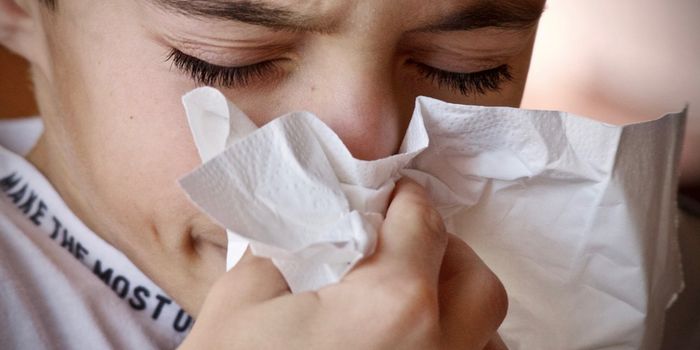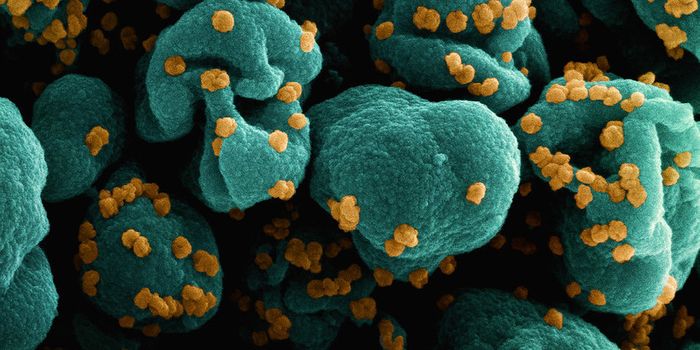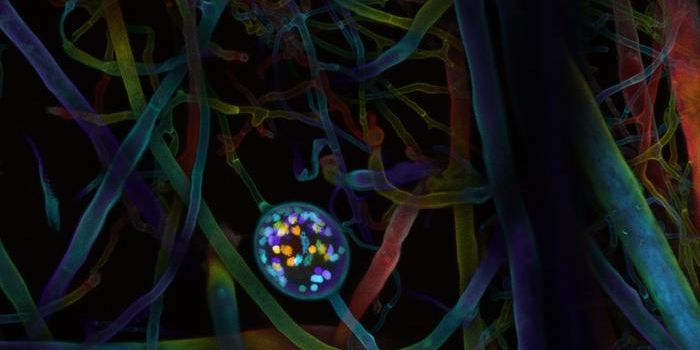Just add salt!
Surgical masks were originally designed to be used during, well, surgery. They physically protect the wearer from all the hazards of surgery - blood and body fluids, for example. The problem is that many people don surgical masks during widescale disease outbreaks - think SARS or MERS.
Traditional surgical masks can trap aerosol droplets containing infectious viruses, but that’s about it. The trapped virus is still infectious, and people handling the mask can still be infected. On the other hand, N95 respirators can effectively trap viruses and prevent their spread. However, users must be trained, and the respirators must be fitted by a professional to work effectively - all of which are roadblocks during an epidemic event.
Engineers at the University of Alberta in Edmonton saw a solution - just add salt! Hyo-Jick Choi and colleagues have been working to develop oral vaccines. The problem with vaccines in a pill form is that when liquids in the vaccine are dried to form a pill, crystals form that deactivate the virus in the vaccine. The virus particles are literally stabbed (for lack of a better term) by the crystals, damaging and deactivating them.
Choi decided to make lemonade from his oral vaccine lemons - he added salt to the surgical mask filters. When a respiratory droplet that contains viruses lands on the salty filter, the droplet absorbs salt. As the liquid evaporates, the salt crystallizes, destroying the viruses.
Next, they set to testing the modified filters in the lab. They exposed mice to a lethal dose of aerosolized H1N1 influenza virus - either through a bare filter or the salt-treated filter (I like to imagine the mice wearing tiny surgical masks). The mice exposed to H1N1 through the bare filter rapidly succumbed to disease, dying within 10 days. However, mice exposed to the virus through a salt-treated filter showed 100% survival and significantly lower lung viral titers (compared to controls).
The group then tested how well the salt-treated filters deactivated viruses. Virus adsorbed onto bare filters lost only 8% hemagglutination (HA) activity. In contrast, virus adsorbed onto the salt-treated filters lost virtually all HA activity within 5 minutes! When the researchers looked at the viruses under an electron microscope, they found that the salt-treated filters physically damaged the virus particles.
Because table salt is essentially harmless, and surgical masks are already a safe, approved product, Choi and his colleagues hope to make this new technology available to the public very soon. Almost 8,000 Canadians were hospitalized with the flu during the 2014-2015 season, and close to 600 people died. Hopefully this simple, salt-treated surgical mask can decrease these numbers.
Source: Nature Scientific Reports, University of Alberta, Wikipedia









